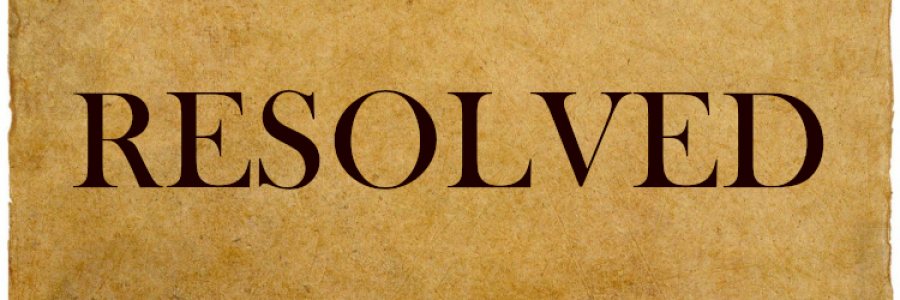New Year’s Resolutions for God’s Glory, Not Our Own
Body
“Some… argue that resolutions themselves are not biblical, based on the fact that the Word of God itself provides us with a complete and authoritative compilation of God’s resolutions for His people to obey.” - American Mind



Discussion